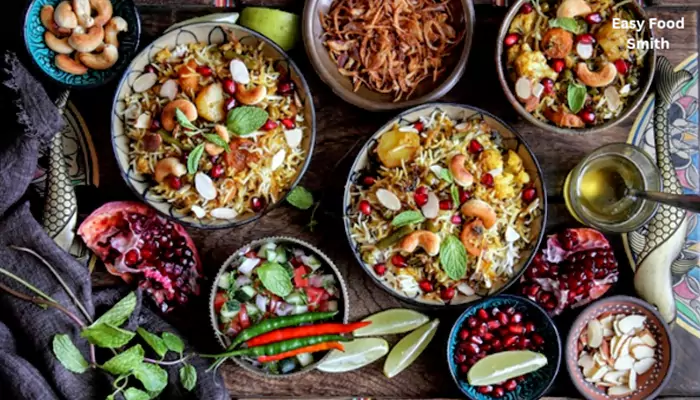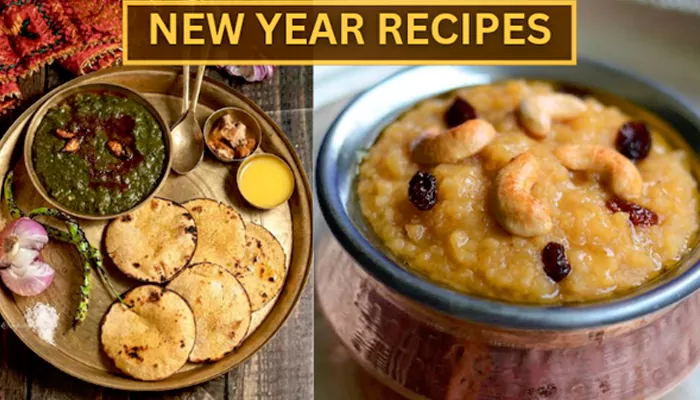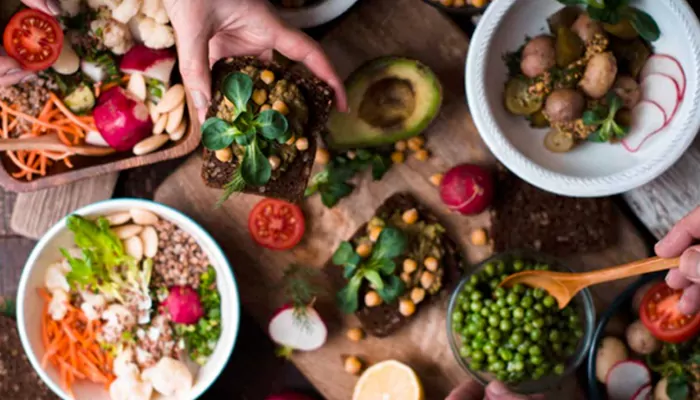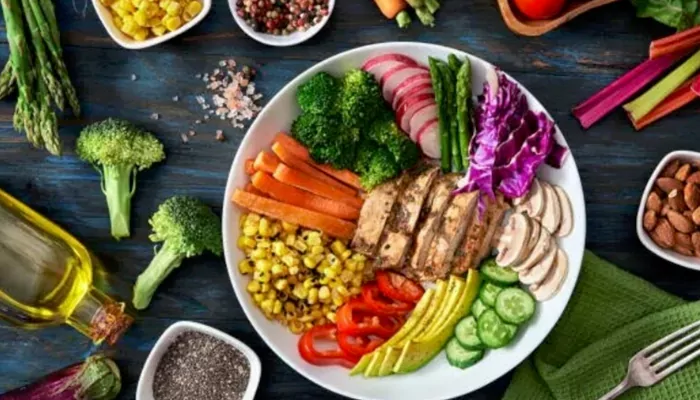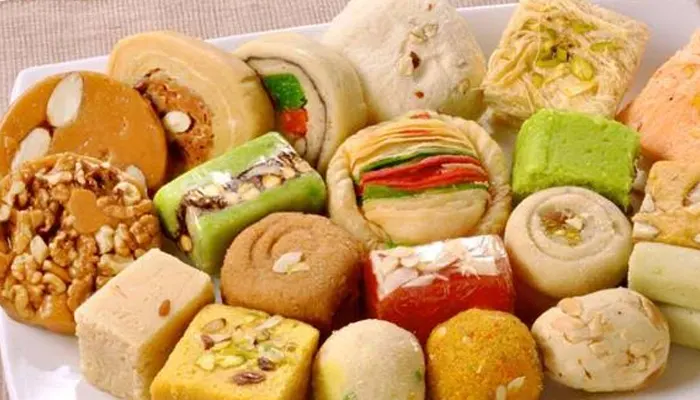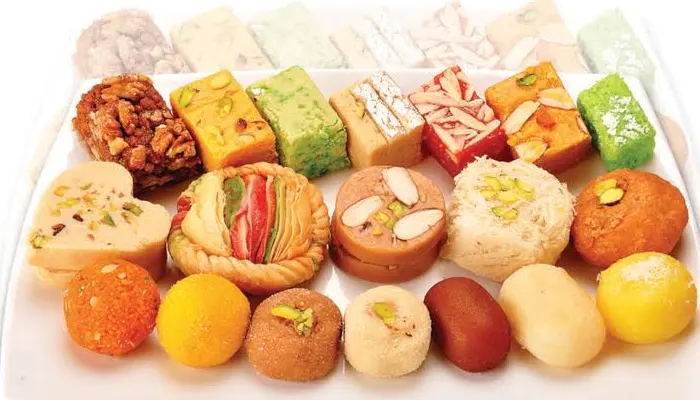Nestle Adds 2.7 G Sugar In Every Serving Of Cerelac In India, Report Says; Here’s What It Means For You
- Admin
- 1 year ago
- 3 minutes read

The report claimed that Cerelac is sold without any added sugars in the UK and Germany, but not in countries like India.
Nestle, the global food and beverage giant, which sells baby products has been grabbing headlines. However, it sells products with higher sugar content in poorer south Asian (including India), African and Latin American, but does not do so in markets in Europe. The same has been claimed in a report by a Swiss NGO, Public Eye and International Baby Food Action Network (IBFAN). As per the report, which was published by The Guardian, around 150 baby products sold in different countries were analysed. The samples were tested by a Belgian laboratory, and they were foung above international food safety guidelines.
What does the report say?
As per the report, Nestle’s wheat-based product, Cerelac, which is given to six-month babies, is sold without any added sugars in the UK and Germany, but the same product contains 2.7 grams of added sugar per serving in India. The highest sugar content in the product remained in Thailand, and it was around 6 grams.
The 15 Cerelac products, which were analysed from India, had 2.7 grams of added sugar per serving on average. While the sugar content was declared on the packaging in India, around 7.3 grams of sugar was found in the five out of eight samples tested from the Philippines, and that information was not even declared on the packaging.
Coming back to the report, it further mentioned that Nestle’s website gives advice on nutrition for babies states, and states that it is not recommended to add sugar when preparing food for your baby, and fruit juices should not be introduced in the first year because of their relatively high natural sugar content. It further quoted Nigel Rollins, a scientist at WHO, telling Public Eye and IBFAN, “There is a double standard here that can’t be justified.” Clearly, Nestle doesn’t add sugar to such products in Switzerland but does that in lower resources settings, which “is problematic both from a public health & ethical perspective.”
Earlier too, Public Eye and IBFAN had quoted the World Health Organization (WHO) as saying that the exposure to sugar early in life can create a life-long preference for sugary products, which can lead to several health issues.
Nestle’s reaction
Reacting to the same, a Nestle India spokesperson said, “We believe in the nutritional quality of our products for early childhood and prioritise using high-quality ingredients. Over the past five years, Nestlé India has reduced added sugars by up to 30 per cent, depending on the variant, in our infant cereals portfolio (milk cereal based complementary food). We regularly review our portfolio and continue to innovate and reformulate our products to further reduce the level of added sugars without compromising on quality, safety and taste.”
Amid reports of high sugar content in its cereal mix, shares of Nestle India on Thursday dipped down by 5.4 per cent to the day’s low at Rs 2,409.55 on BSE. Nestle saw its worst single-day drop in the last 3 years.

